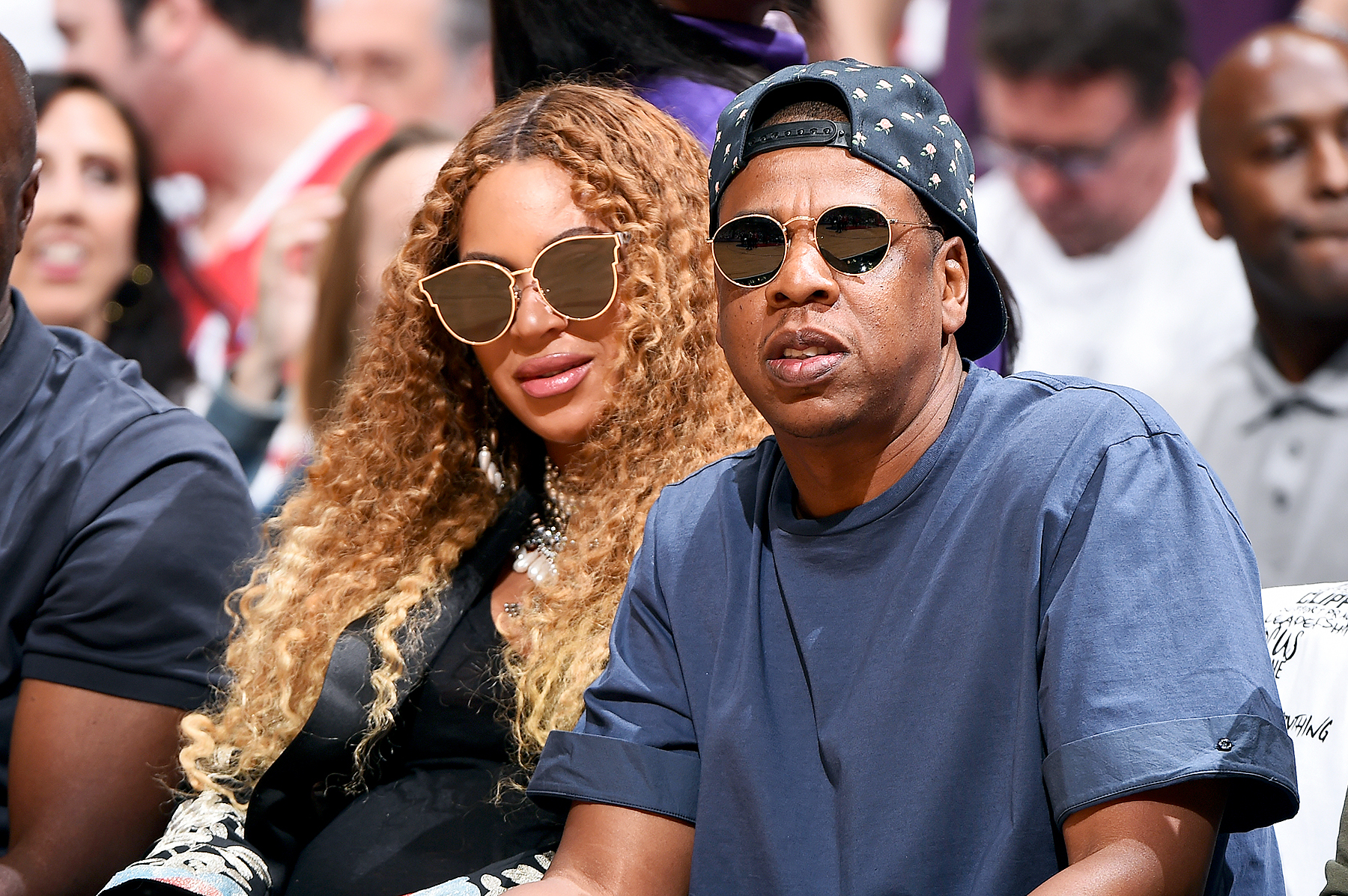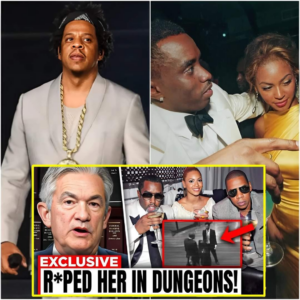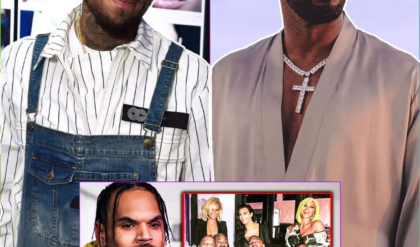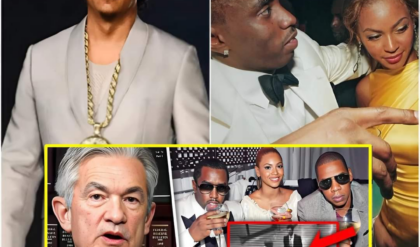The music industry is abuzz with controversy following allegations that Jay-Z paid more than $20 million to country radio stations to boost Beyoncé’s songs on the Billboard Country charts. This shocking revelation has ignited debates about the integrity of music charts, the influence of money in the industry, and the boundaries of artistic expression.

Reports suggest that Jay-Z’s substantial investment was aimed at propelling Beyoncé’s songs to the top of the country charts, a move seen by many as an attempt to expand her influence into a genre traditionally dominated by white artists. The alleged scheme has drawn criticism from country music purists and fans who argue that such manipulation undermines the authenticity of the genre and unfairly advantages established artists over emerging talent.
Furthermore, the incident raises ethical questions about the transparency and fairness of music rankings. Pay-for-play practices, if proven true, could erode public trust in the integrity of music charts and damage the credibility of the entire industry. Critics argue that such tactics prioritize commercial interests over artistic merit and hinder the visibility of deserving artists who may lack the financial resources to compete with industry giants.
On the other hand, defenders of Beyoncé and Jay-Z argue that the music industry is highly competitive, and artists often use various strategies to promote their work. They contend that Beyoncé’s crossover appeal and innovative approach to genre-blending should be celebrated as a reflection of artistic evolution rather than condemned as manipulation.
Despite these arguments, the alleged payment to country radio stations has sparked calls for greater accountability and oversight in the music business. Many advocates and industry insiders are urging regulatory bodies to investigate the matter thoroughly and implement measures to prevent similar incidents in the future.
As the controversy unfolds, Beyoncé, Jay-Z, and the music industry face mounting pressure to address the allegations and restore public confidence in the integrity of music charts. Regardless of the outcome, the incident serves as a sobering reminder of the complex interplay between art, commerce, and ethics in the modern music landscape.
News
Henry Cavill’s Witcher & Superman Replacement Already Avoided The Mistake That Killed The Original Franchise – S
Henry Cavill already has a replacement for The Witcher and Superman thanks to his role in the Highlander reboot, and this is already avoiding the mistake that killed the original franchise. Henry Cavill is one of the most popular action stars thanks to his roles in movies…
Goodbye DC and Superman, Henry Cavill reveals his favorite role if he joins MCU – S
Henry Cavill has expressed his favorite role if he has the opportunity to collaborate with Marvel Studios. Henry Cavill has officially said goodbye to the role of Superman after the DCEU ends at the end of 2023 to open a…
Kim Kardashian Goes Into Hiding After Freak0ff Video Of Her And Diddy Gets Leaked Ok, so things just got a whole lot messier for Diddy. The world witnessed him in his true form as a video of him putting his hands on Cassie made rounds on the internet. – S
It made a lot of folks hella uncomfortable. But as Diddy’s future started to look grim, he thought of a strategy. What’s worse than Diddy being exposed for his crimes? Fans discovering names of beloved celebrities who knew about…
Chris Brown LEAKS The List Of Major Names INVOLVED in Diddy’s Ab*se! | DIDDY IS DONE! – S
**Diddy’s Troubles: Allegations and Revelations** Sean “Diddy” Combs, the music mogul behind Bad Boy Records, finds himself embroiled in a storm of controversies and allegations that threaten to tarnish his reputation irreparably. The latest revelations, sparked by comments from…
HOT NEWS: The Feds LEAK New EVIDENCE of Jay Z P!MPING Beyonce To Diddy?!? – S
The Feds LEAK New EVIDENCE of Jay Z P!MPING Beyonce To Diddy?!? Amidst the swirling vortex of celebrity gossip and scandal, a bombshell revelation has sent shockwaves rippling through the entertainment industry. The latest development involves none…
Kanye Leaks Footage Of Drake Getting Clapped By Lucian Grainge – S
Kanye Leaks Footage Of Drake Getting Clapped By Lucian Grainge Girl, Kanye is back at exp0sing shady celebs, and y’all know that whenever Drake spills the tea, he ALWAYS comes correct with the tea. He has a track history…
End of content
No more pages to load











